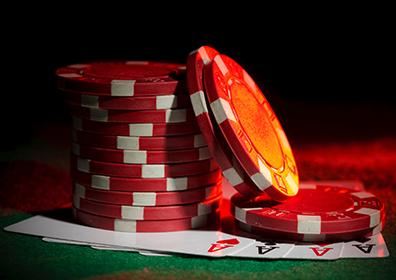The essentialness of taking notes on your opponents cannot be centered on enough. The more you play, the more you regard the information that you have assembled on each player at your table. It is a genuine piece of breathing space to understand that player a likes to pretend a ton and that player B perhaps plays if he has a significant pair Taking notes on various players at your table, on the web, is particularly straightforward. On specific objections, they even put a marker on the major part if you have formed a note on him already.
Right you start taking notes just watch the enemies that stick out, like the over strong player that ascents each BandarQ round and ends up disposing of his hand at the stream. It is ideal if you start developing a kind of code structure to aggregate each player. This can be a great deal of numbers, a social occasion of letters, or anything that will assist you with recalling the way in which he plays. Sort out some way to describe players. This will help you in reviewing their play at whatever point you face them. Consider them to the extent close or free and inert or powerful. Like to give out numbers for tight or free and letters for uninvolved or powerful. For example a free inert player might be coded as 8 for his free play and A for his confined play.

Review when you are seeing various players to look out for the tight ones. These players are either exorbitantly close or dormant or they are just close and strong when they have extraordinary cards. It is very easy to over look them as they are not in various hands. Furthermore, the tight intense player is the most hazardous at the table. Quest for uncommon betting qualities you see.
- Does this player reliably bet on the catch if it has not been bet before his turn?
- Does this player like to ascend from early circumstance with high cards?
- Does this player moderate play high matches and sets?
- The overview can go on, anyway you get the idea.
Make this information in your notes; it will give you an immense good situation as time goes on. Right when you run into a player that you have a note on, review the note. Watch him for quite a while to see that he really plays the way where your note says he does. Conventionally a player will improve his play with time and you should see this and adjust your notes. In the end it simply comes down to having more information about various players at your table. How you use that data is so far the main thing.

